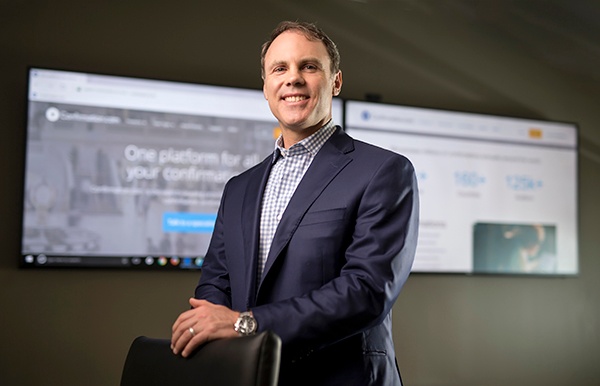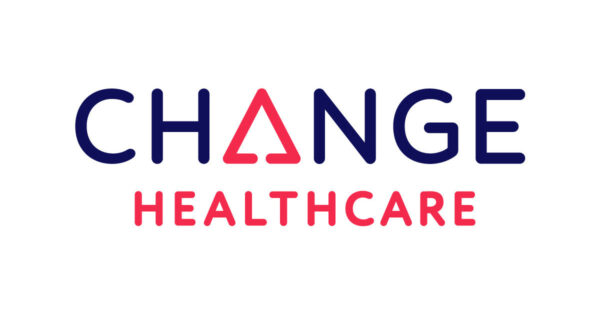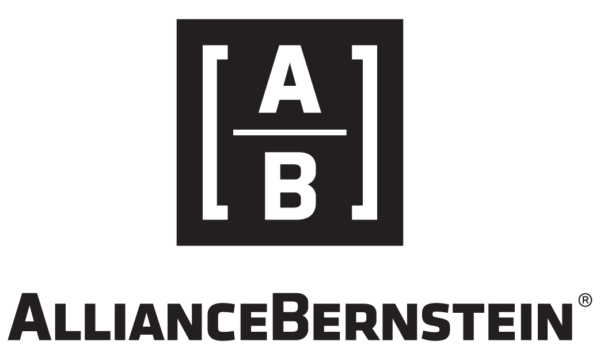Financial fraud is a problem that siphons billions of dollars from large corporations and regular individuals alike. To ensure that money isn’t misappropriated by white collar criminals, accounting firms rely on electronic data validation to confirm audit results and track every dollar an entity spends.
Of course, the ability to verify information wasn’t always available electronically. According to their website, Confirmation revolutionized this once paper-based process, and is now used by 2 million auditors, bankers, and financial professionals globally. Their system has made the news by uncovering significant instances of financial fraud, including the $200M fraud perpetrated by Peregrine Financial Group’s former CEO Russell Wasendorf Sr. which had gone unnoticed for 20 years.
Stopping bad guys through a cloud native system before the term was coined was the dream of Confirmation Founder and President Brian Fox, a Nashville native and CPA. Brian worked for both Ernst & Young (EY) as an auditor and PricewaterhouseCoopers (PwC) handling mergers and acquisitions from 1996 to 1999. As auditors were making the jump from paper to electronic work, Brian noticed that even the huge companies he worked for were still confirming third-party confirmations the old-fashioned way. Handling the physical paperwork presented an inefficient, ineffective process that afforded a huge window for fraud.
In 1999, Brian went to Vanderbilt University to get his MBA in Finance and Electronic Commerce. There he drafted the idea for Confirmation based on his audit experiences. He had planned to work for another entrepreneurial venture while saving money to get the business off the ground. After the tragic passing of his father, Brian used his father’s life insurance to speed up his timetable.
“That’s what kicked it off,” Brian recalls, referring to his share of a life insurance settlement that became the seed investment for Confirmation. Brian says that the majority of entrepreneurs are people who prefer to see the glass as half-full. Brian’s faith in the concept of Confirmation was reinforced by his father’s passing, which reminded him that life is filled with uncertainty.
Brian created Confirmation, serving as president to the new company. But the timing to start a web-based business like Confirmation was bad, as the Dotcom Bubble and 9/11 throttled the financial markets for the next few years.
Brian had already spent all of the money from his father’s life insurance getting Confirmation off the ground. Since he felt determined to make the business work, Brian borrowed more money from friends and family to keep the business going. He also brought people on to Confirmation’s team who were willing to make their own sacrifices while still holding him accountable to his main goal. A shared sense of obligation between Brian, the initial investors, and the original team kept him on track.
Brian led Confirmation to its first high point in 2003. At that time, they had secured under 40 clients and $750K worth of capital from angel investors to assure the company operations for a full year into the future. Since Brian had been forced to operate Confirmation on the mindset of “How are we going to keep the company in operation next month?” he could now plan for Confirmation’s next move.
In this period Brian began to study the company’s other needs. In 2004, he raised $3M so that Confirmation could have a CTO and development team instead of relying on an outsourced technology development. Confirmation’s growth required more capital. So, in 2006, Brian raised $5.25M, which took the business to cash flow positive and allowed the company to pay off the original debt plus interest of $1.2M.
Confirmation was making a name for itself in the banking industry around this time. In 2008, Bank of America mandated the use of Confirmation’s services, stating that they would no longer accept paper confirmations of third-party audits.
2009 was yet another year of growth for Confirmation. The company was cash flow positive, expanding rapidly internationally with offices in London, South Africa, and Australia, and had users in more than 50 countries. In addition, Confirmation received recognition from Inc. Magazine, which put Confirmation on its annual list of “America’s 500 Fastest Growing Private Companies.” Confirmation held a spot on the Inc. 500/5,000 list for 10 years.
Brian had discussed selling the business once it was cash flow positive. However, after the market turned sour in 2010-2011, he discussed with the shareholders waiting until the business got to $20M in revenue before considering a sale. Other companies had been making offers as far back as 2003, but Brian says that these offers always under-valued what he felt the business was worth.
In 2017 the company hired an investment banking firm as they approached $20M in revenue to help them raise $60M for secondary capital through a minority investment, private equity-only process. This round of fundraising wasn’t essential to the day-to-day operations of the company, and became a rainy day fund.
In 2018, Brian got serious offers to purchase Confirmation, including one from Wolters Kluwer N.V. (Wolters Kluwer), a “global provider of professional information, software solutions, and services for clinicians, accountants, lawyers, and tax, finance, audit, risk, compliance, and regulatory sectors.” Brian initially told Wolters Kluwer that Confirmation wasn’t for sale, since they had just raised a round of capital. Wolters Kluwer pressed Brian to provide a price for the business. Confirmation hired another investment banking firm to run a strategic-only process and looked at other buyers interested in a potential purchase. A few other competitors threw their hats into the ring, including Thomson Reuters, which wound up making the best offer to Confirmation. Thus, in 2019, Thomson Reuters acquired Confirmation for $430M, and Brian became the Vice President of Strategic Partnerships for Thomson Reuters.
Confirmation is now used by 5,000 Banks and by more than 16,000 accounting firms in 180+ countries, processing over $1 trillion each year. Given what they do, Confirmation has to keep a top-of-the-line security system in order to outpace the bad guys. Brian says, “We’ve always been on the leading edge of security. We deal with criminals who are always looking for a way in, and who are looking to circumvent auditing procedures in order to continue to perpetrate their fraud. For us, technology security is part of our DNA.”
Technology itself is the center point of the company, with tech workers making up 50 percent of Confirmation’s team, with job responsibilities ranging from making the company’s tech to handling the security technology reviews of clients. The company goes through over 400 security reviews from customers every year, with reviews by some of the largest banking firms in the world. Confirmation maintains ISO/IEC 27001 and TRUSTe Privacy Policy certifications, and undergoes SOC (service organization controls) reports every six months to make sure that Confirmation adheres to the American Institute of Certified Public Accountants (AICPA) recommended controls for processing financial data. Because of adherence to these security frameworks, they are the Preferred Provider of Electronic Confirmations for the AICPA Trusted Business Advisor™ Solutions Program and are endorsed by the American Bankers Association (ABA).
Brian is now looking at how Confirmation can adopt other technologies that preserve the validity of client data, including blockchain and distributed ledger technologies as a whole.
He explains, “We’re already talking to partners that will allow us to integrate and be able to verify cryptocurrencies, because as more and more companies hold cryptocurrency on their balance sheet, the external auditors are going to need to verify that information. They should be able to do so through Confirmation.”
For further information about Confirmation, be sure to visit their website and social media.









